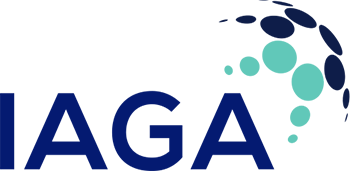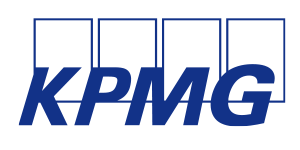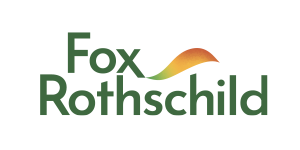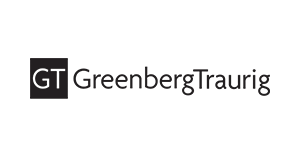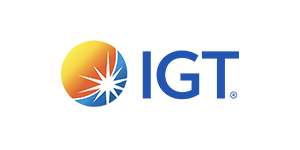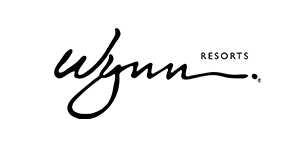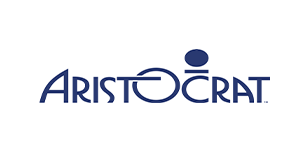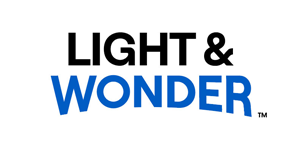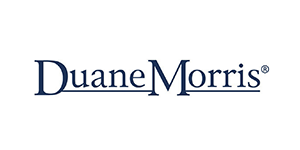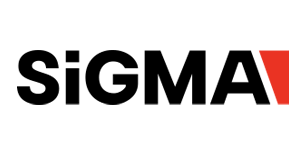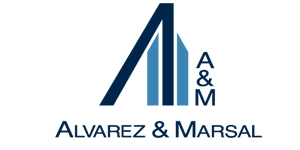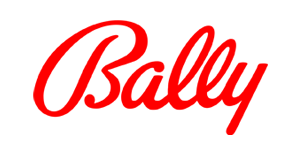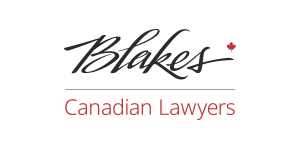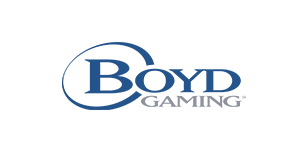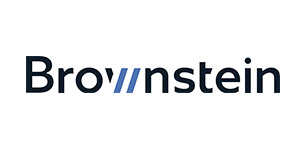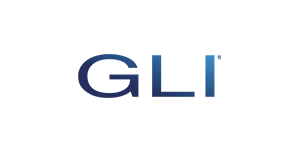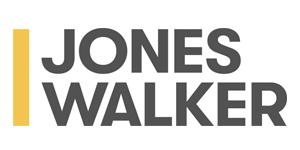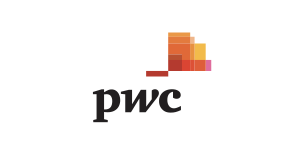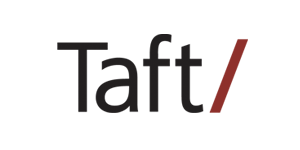- Home
- About IAGA
- Bylaws
- Our History
- Our Leadership
- Our News
- Events
- Membership
- Sponsorship
|
Indiana: Mobile and online to assist the state ‘Back on Track’ Indiana has 13 commercial casinos open which consists of three land-based casinos, eight riverboat casinos and two racinos (operating EGTs and sports wagering) plus one tribal casino (which offers Class II games) plus there is sports betting and lottery legalised within the state. The casinos have 724 table games and more than 17,000 EGTs between them. Revenue from EGTs in 2019 was $1.87bn and table game revenue $341.6m.
Total gambling casino spend for the state amounted to $2.21bn in 2019 whilst $590.7m was paid in tax revenues. Indiana’s first casino Tropicana opened back in 1995 when state legislature authorised the Indian Gaming Commission to grant up to 10 casino licences. An 11th was approved in 2003 in a historic district and the latest, French Lick Resort Casino, opened in 2006. Then in 2007 up to 2,000 EGTs were permitted at the state’s two racetracks and later live dealer table games were introduced in January 2020.
Meanwhile, retail sports betting was permitted in September 2019 and is operated by casinos and racinos or via affiliated OTBs. Online sports betting was introduced a month or so later via a maximum of three branded platforms ‘skins’ under their licences and taxed at 9.5 per cent of revenue. Handle for sports betting was $962.4m for the period September 2019 until June 2020 with $78.5m in GGR. Regarding the lottery the Hoosier Lottery has some 4,300 retailers and saw record sales of $1.3bn last year whilst handing over $312m to the state.
With the exception of some online sports betting, gaming was stopped in Indiana and all casinos were closed down on March 16 in a bid to curb virus figures. Most of Indiana’s casino reopened on June 15 but during three months of closure revenues have of course plummeted. In March French Lick Casino saw $35m in ‘coin in’ for its 829 slots compared to $66.1m in January and $73.6m in February. April and May had zero income at all whilst June saw $29.8m with only 409 slots running. French Lick Resort opened in 2006 and is operated by Blue Sky Casino and usually has 855 EGTs and 279 table game positions.
It has been said that Indiana has racked up nearly $200m in tax revenue losses as a result of the closures. Indiana’s re-opening programme post Covid lockdown is entitled ‘Back on Track Indiana’ and is made up of a five stage plan. The Stay-at-Home order also included the closure of non essential businesses whilst stage five began on July 18 which saw facilities open at full capacity. Parimutuel horse racing could also operate at full spectator capacity. By August 3 there were 69,531 Coronavirus cases and 2,975 deaths in the state.
The Indiana Gaming Commission issued guidelines for re-opening casinos including the request from each venue for a ‘Preparedness and Response Plan’ to cover hygiene, screening processes and temperature checks. Certain slot machines must be taped off to ensure social distancing and table games are limited to three players each, roulette games to four and craps to six. Masks are mandatory. Casinos already face tough competition with both in and out of state competition from neighbouring Illinois and Ohio.
Meanwhile a bill was passed in 2019 to allow two of the market’s four riverboat casinos to be relocated, the first to a fully landbased venue within the same city of Gary and another to Vigo County. The bill also enabled the maximum number of casinos or racinos owned by a single operator to be increased from two to six whilst also lowering the tax rates for riverboat and racinos from 2021.
It has been predicted that Indiana will see a loss of around $2.1bn in tax dollars over the next couple of years mostly due to those hit in the casino sectors, tourism and bar and restaurant businesses. GDP for 2020 is expected to be six per cent lower than 2019. Tourism has also come to a standstill. This sector supports around 242,000 jobs in the state and sees around 80m visitors and $12.7bn in annual tourism spend resulting in $9bn in economic impact. The unemployment rate across the state of Indiana as of May was 12.3 per cent, 9.2 per cent higher than February. Howard County has been the hardest hit areas as General Motors, Haynes International and Fiat Chrysler are large employers here and of course closed down during the pandemic.
POST CV19 OUTLOOK - by Phil Sicuso and Ali Bartlett
“In the wake of the Covid-19 pandemic, which caused the unexpected closure of nearly every type of business in the country (and even the world), a months long shutdown had the potential to cause irreparable harm to an industry that operates 24 hours a day, seven days a week. In Indiana (a state that hosts 13 commercial casinos, a state lottery, a tribal casino, and two off-track betting parlours, as well as legalised retail and mobile sports betting), casinos and gaming are a foundational piece of the state’s revenue and among the largest employers in many communities. Casinos were ordered to cease operations on March 16 2020. Although operators made every effort to support their employees and communities throughout the 91-day mandated shutdown period, revenue decreases were inevitable and significant. The taxable Adjusted Gross Receipts (“AGR”) for casino gaming in the month of March was $88m, compared to $187m for February; and sports wagering AGR was $5.5m in March (on $74m in handle), as compared to AGR of $11m for February (on $187m in handle). Of course, casino AGR for April and May was $0, while sports wagering AGR shrank to a paltry $1.5m in April ($26m in handle),but rising to $3.1m in May ($37m in handle) and $2.9m in June (on $29.8m in handle) in conjunction with the gradual increase in live sporting events around the world. Since being permitted to re-open on June 15 (with substantial safety measures and limitations in place), casino revenues have hit an uptick, with AGR jumping to $98m for the month of June – although still a major reduction from the norm as compared to June of 2019, which saw a taxable AGR of $180m.
Given the substantial economic role the gaming industry plays in Indiana, the question now becomes, “what does the future hold?” With online and mobile sports betting being the state’s sole contributor to casino-related gaming revenues for April and May, the state’s current and future licensed operators are keenly aware that their creative efforts to keep customers engaged and entertained will prove that the online and mobile market may be the most resilient of all.
Although all are hoping for the best, future shutdowns remain possible. The pandemic will almost certainly expedite the consideration of legalisation of sports wagering and igaming (including online slots, table games, and sometimes poker) in many states. Indiana State Senator Jon Ford (R- Terre Haute), a champion for responsible gaming as a revenue-generating asset for the state and co-author of the state’s most recent gaming laws, is already exploring the option for possible igaming approval during the 2021 legislative session.
While Covid-19 has surely had many negative impacts on the gaming industry in Indiana, it may also have jump-started a conversation about how best to continue to innovate along with the growing industry.”
|
